About Korea
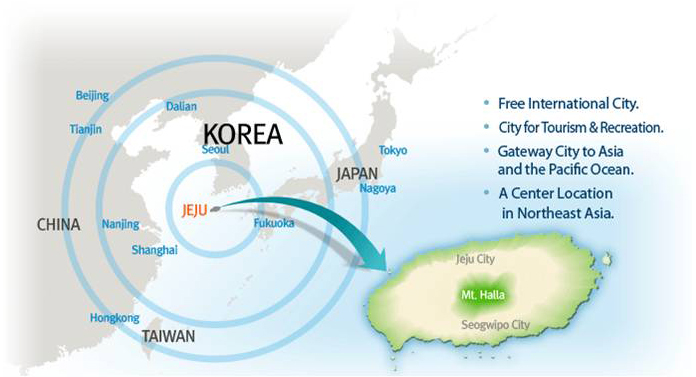
The Republic of Korea, once known as the “Land of the Morning Calm,” is now the world’s 11th largest economy and the gateway to Northeast Asia. Its natural beauty, combined with unique cultural heritage preserved for thousands of years and amiable people, attracts visitors from all over the world.
Weather
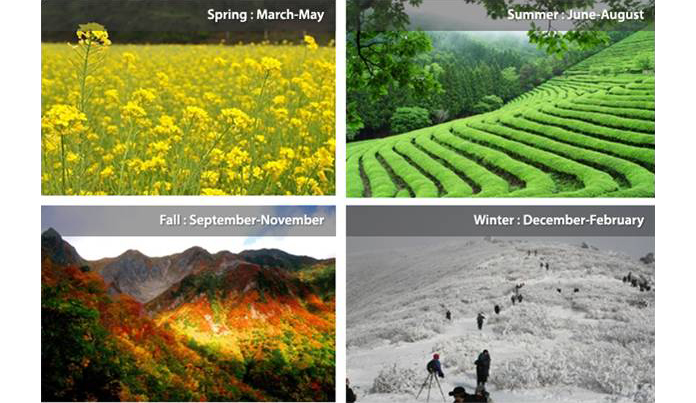
Korea has four seasons with a wet monsoon/summer season in the middle of the year, and a cold winter from November to March.
Summer, spanning from June through August, is a preferred time for vacations with family and friends. Many flock to the beach for sea, sand, and sun, while others travel across the country in search of the arts, music, and culture; whichever one’s destination may be, there are festivals held throughout the season from coast to coast to bring about excitement, and blow away the summer heat.

Culture
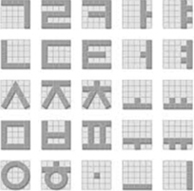
- Hangeul : Korean alphabet , A very scientific writing system that has been designated by UNESCO as an important part of the Memory of the World Heritage. As a result of the Korean Wave and Korean economic prosperity, the desire to learn hangeul and the Korean language is exploding.
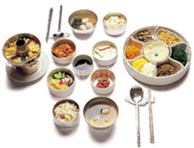
- Hansik: Korean food, contains less meat and features a wide variety of fermented foods, assorted vegetable dishes, and rice. It is very nutritious and is becoming more and more popular around the world for its health benefits. Traditionally, Korean table settings are comprised of a number of side dishes. Family and friends gather around the table and share between themselves, sampling every dish. Only boiled rice and guk (soup) are two items that are not shared. These customs represent the true character of Koreans as being people who prefer to do everything together.
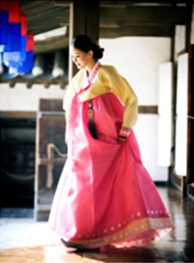
- Hanbok : Traditional Korean clothing. In traditional hanbok design, curved features are important. As they are not meant to be tight fitting, the inherent beauty of hanbok is apparent in its elegance and style created by the abundance of material. The curves and vibrant colors of hanbok have had a significant impact on the Korean fashion industry. By combining traditional dress with modern fashion, a series of fusion hanbok designs were introduced. Designs and patterns of hanbok have even been applied to architecture.
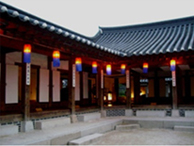
- Hanok : Traditional Korean houses . Many international visitors are showing interest in the traditional Korean home, hanok as they want to experience ondol , the Korean floor heating system very effective in the cold winter. ondol is an important aspect of unique architectural style in Korea and brought floor heating into vogue globally
K-POP
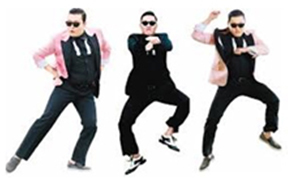
- K-POP is a musical genre consisting of dance, electronic, electropop, hip hop, rock, and R&B music originating in South Korea. In addition to music, K-pop has grown into a popular subculture among teenagers and young adults around the world.
You can get more information about Korean culture, please visit KTO (Korea Tourism Organization) website. You can directly move to KTO website.

-
Address : 6F, Sunghwa Bldg. 1356-51 Manchon1-dong, Suseong-gu, Daegu 706-803, Korea
Phone : +82 53 746 9965 Fax : +82 53 742 9007 Email : info.coil6@gmail.com
6th International Congress on Ionic Liquids (The Korean Society for Biotechnology and Bioengineering)
Address : The Korea Science & Technology Center #815, 22, 7-Gil, Teheran-Ro, Gangnam-Gu, Seoul 135-703, Korea
135-703 서울시 강남구 테헤란로 7길 22 815(역삼동, 과학기술회관신관) Fax : +82-2-557-2164 Registration number : 112-82-05231
Representative : Byung-Gee Kim
Copyright © COIL-6. All rights reserved.





